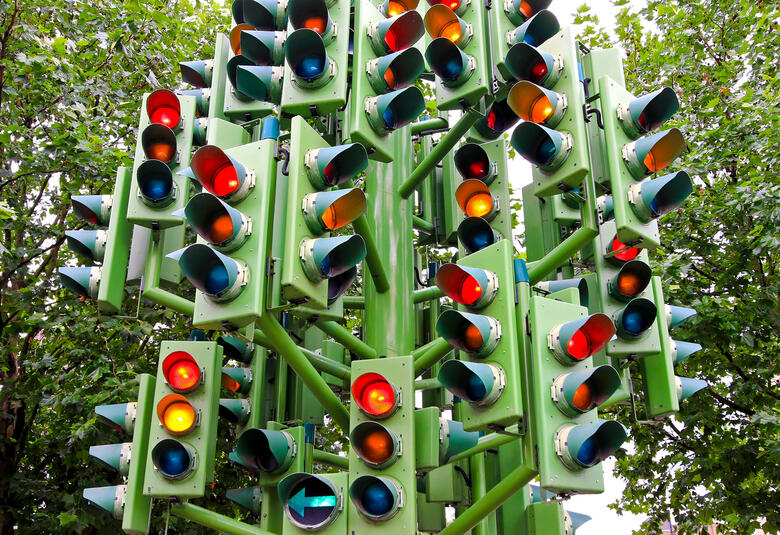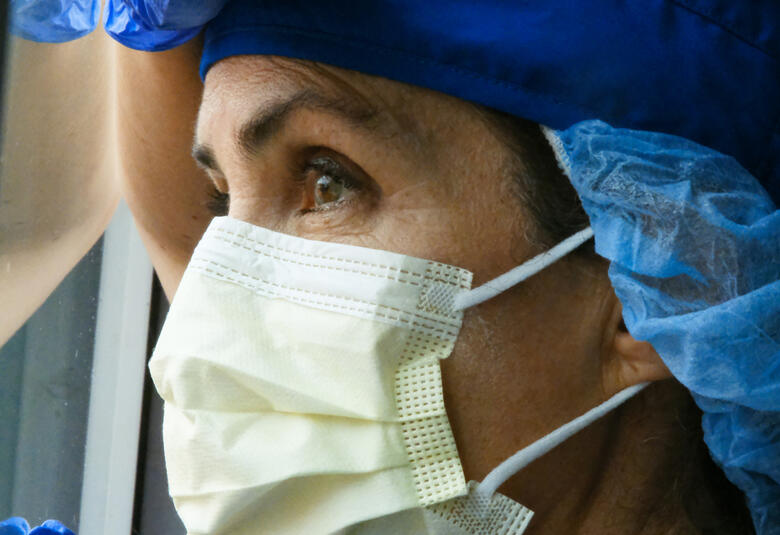During the recent South African Biological Psychiatry Congress held in Cape Town in 2022, Obsessive Compulsive Disorder (OCD) expert Dr Christine Lochner examined the consequences of COVID-19 and its effect on patients who have OCD.
During the COVID-19 pandemic, many experienced a fear of becoming ill and dying, a fear of losing a loved one and uncertainty about the future. With this, came alterations in the rates and severity of OCD, the associated features, vulnerabilities, and risk factors.
65.3% reported worsening of symptoms, and 44.8% had new obsessions or compulsions related to the risk of contamination linked to COVID-19.
OCD presented a unique situation. 50% of people living with OCD experience fears of contamination, and this population was deemed the most vulnerable and affected during the pandemic. Their fears were now verified which resulted in a greater disproportionate concern.
There was a higher rate of symptom worsening for OCD than for many other mental illnesses.
However, in the general population, there was a huge increase in hand washing, in sanitisation and the media regularly reported on necessary preventative measures and the need for protective equipment and disinfectants.
In terms of management, close and continued contact with healthcare providers resulted in some patients being more resilient and more equipped to deal with their symptoms despite the pandemic. Outcomes were worse for those who were diagnosed just before the start of the pandemic. Previously, typical treatment for OCD may have included Exposure and Response Prevention (ERP). However, this type of therapy was now considered risky, as it clashed with public health recommendations due to the highly contagious nature of COVID-19.
Outcomes were worse for those who were diagnosed just before the start of the pandemic.
Therefore, other interventions that promoted resilience were warranted and helped patients maintain a calm attitude and sustain hope. Strategies other than ERP should be employed, and intervention strategies should be stepwise. Dysfunctional beliefs can be targeted with CBT, and psychoeducation remains paramount.
COVID-19 did indeed result in devastation for patients with OCD, mostly they became worse, with a sizeable portion demonstrating worsening severity and new symptoms.
Our correspondent’s highlights from the symposium are meant as a fair representation of the scientific content presented. The views and opinions expressed on this page do not necessarily reflect those of Lundbeck.




